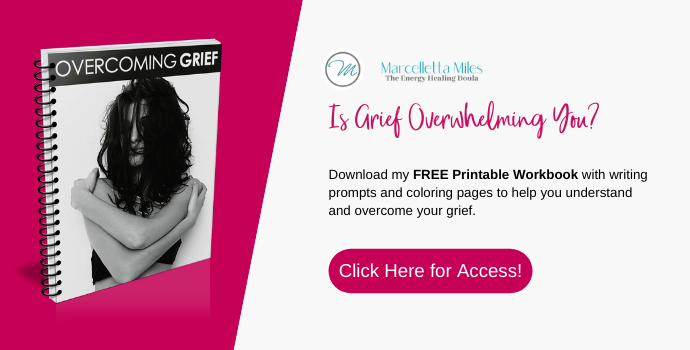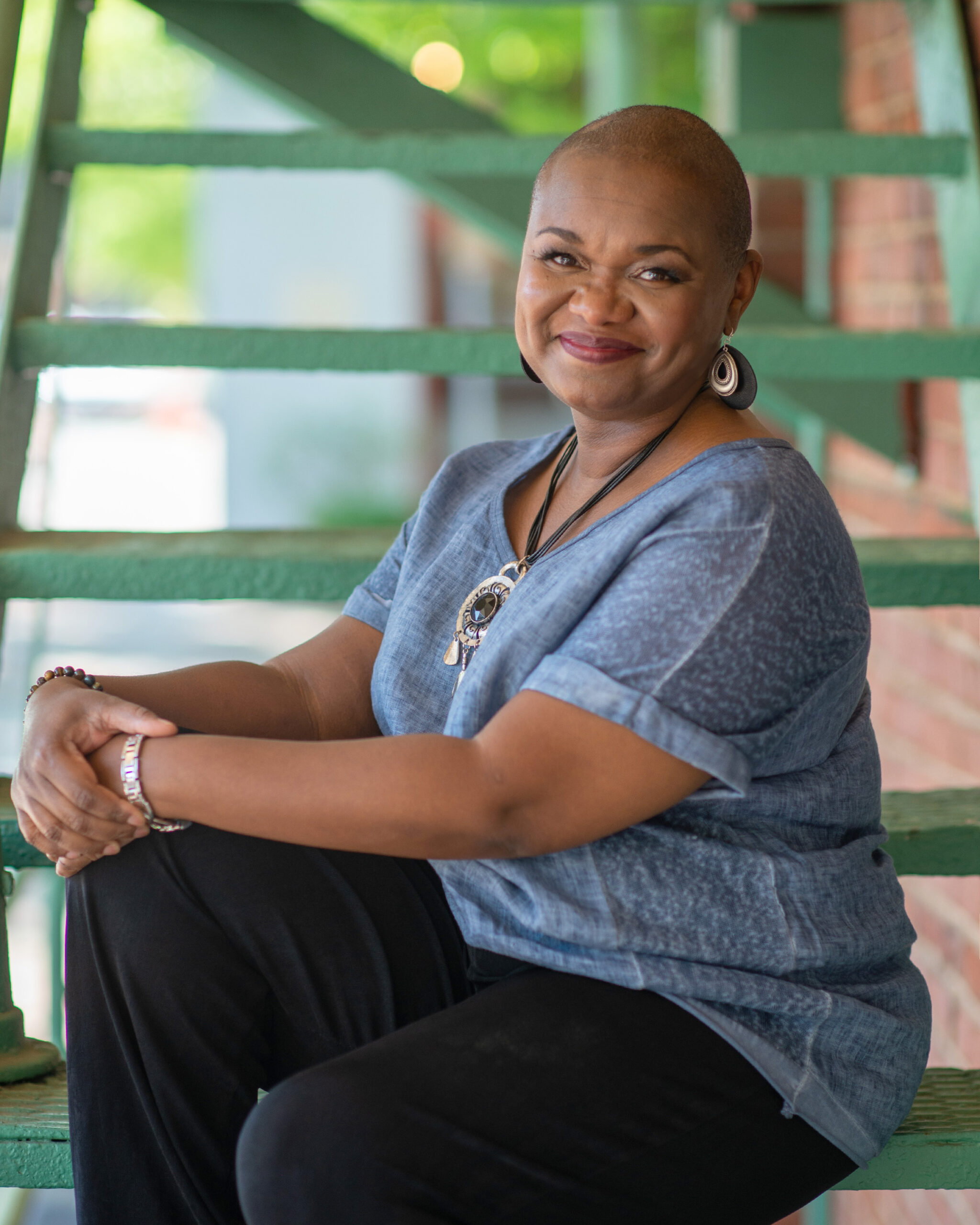Healing from grief can be hard. It’s not a clear-cut process with definite beginning and end dates. It’s a lot like trying to navigate a mountain road without GPS. However, there are things you can do to begin the healing process through this difficult time…
Feel Your Emotions
At first, the news of a loss can cause you to feel shocked and in denial. Some people become numb for the first few days and are disconnected with what’s happening around them.
But eventually, you’ll begin feeling again. You may be sad that you lost a loved one or you may feel relief that you survived a violent crime. You may want to go back in time and bargain with the doctor who gave you a diagnosis. These intense emotions are normal and shouldn’t be suppressed.
It’s healthy to acknowledge your emotions and express them. Scream, shout, or cry when you feel the need to. If you want to get physical, get a punching bag or go to a gym with one. Take your frustration and anger out on the bag.
Seek Support
You don’t have to grieve alone. When you’re feeling sad, reach out to a trusted friend. Go out for coffee, see a movie together, or go to the beach and simply sit in silence with your friend.
Connecting with supportive people is important to your healing. When you feel connected, you’re less likely to become isolated in your pain. If you’d like to meet with others who are also grieving, ask a counselor or spiritual leader about support groups in your area.
Track Your Triggers
There may be certain sounds, smells, or events that remind you of what you’ve lost. These are called triggers. Sometimes, triggers are so powerful you feel like you’re back in that moment. For example, if you recall hearing a train horn right before a car accident that left you disabled, you may associate the sound with that moment. When you hear that noise again, you may freeze, tense up, or panic.
When you know what your triggers are, you can learn how to cope with them. A trained counselor can help you identify your triggers and give you strategies so they don’t keep you from going about your day-to-day life.
Create New Routines
Routines can give you a feeling of control and safety. But when you’ve recently lost a loved one or are going through a divorce, your normal routines may not be possible anymore. That’s where creating new routines can be helpful.
Maybe you’ve decided that every Thursday night will be family night or that on Tuesdays, you’ll go to brunch with a friend. These routines can give you something to look forward to as well as a sense that life is returning to normal.
It’s important to understand that there’s no quick fix or escape from grief. The only way to get to the other side is to go through the darkness. But you don’t have to do that alone. Reach out to caring, concerned members of your community and let them comfort you through this difficult time.
To learn more about the grieving process, grab your free workbook Overcoming Grief.




0 Comments